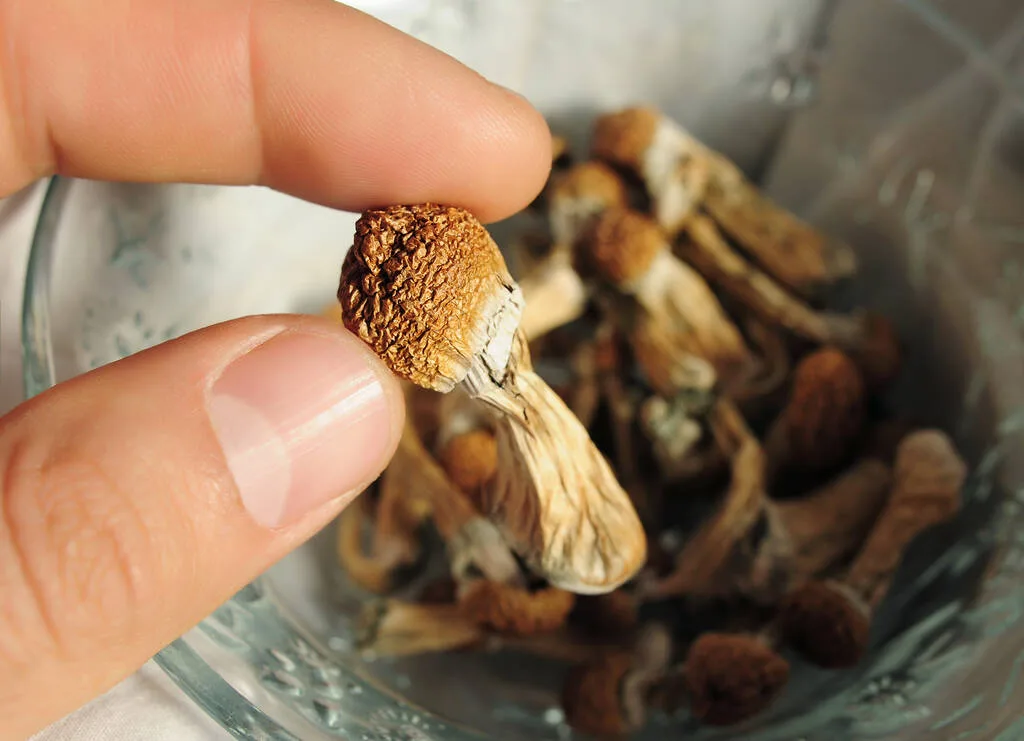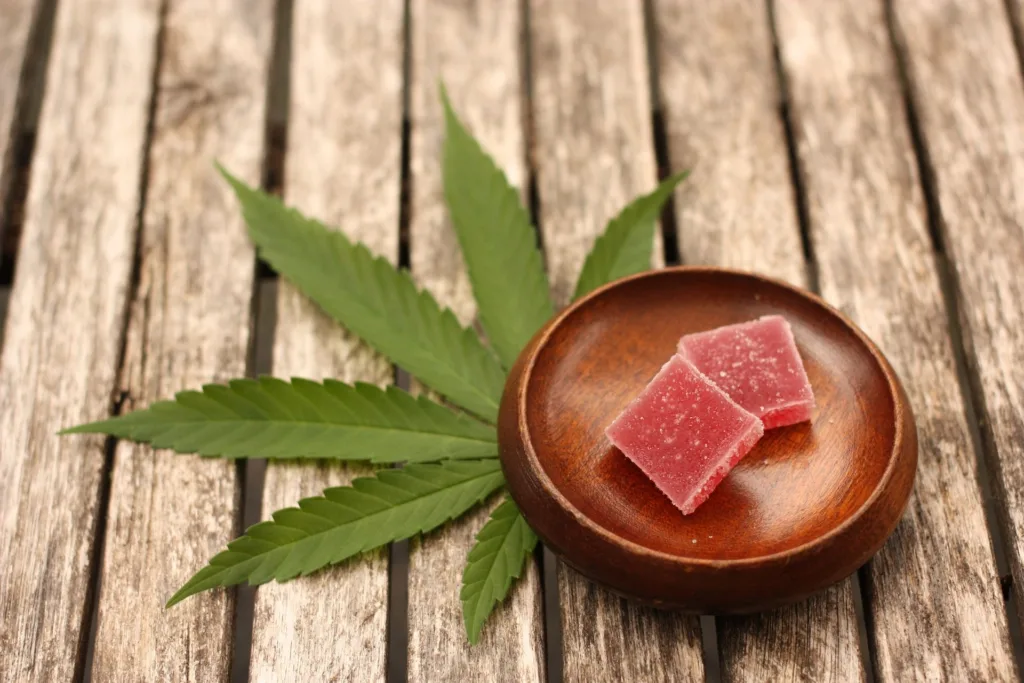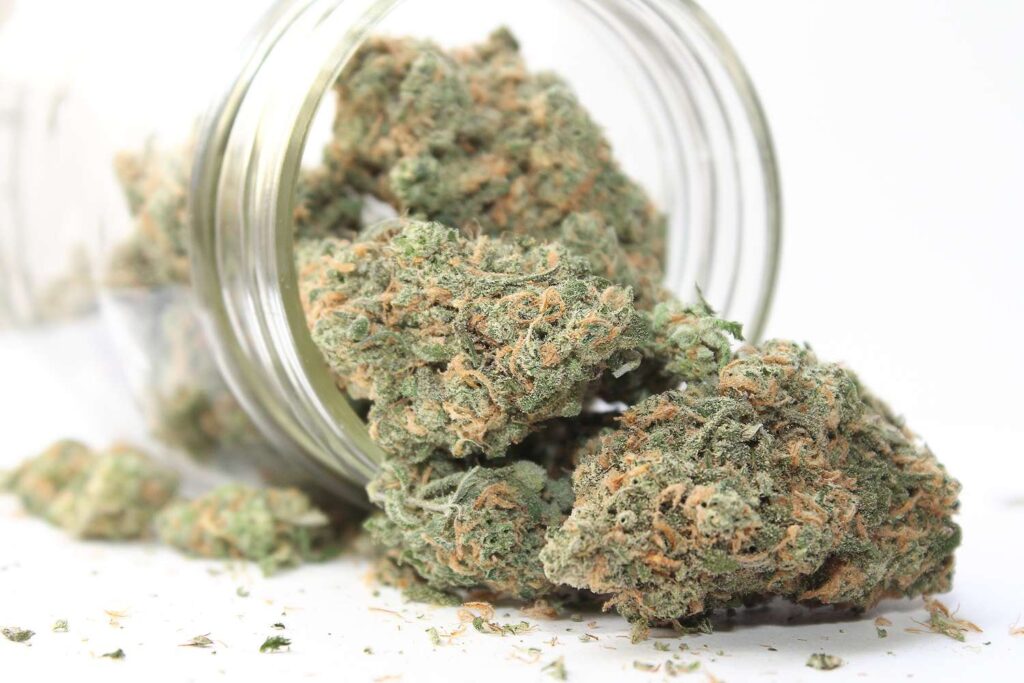A new study published in Frontiers in Human Neuroscience findss that cannabis extract may help alleviate insomnia in patients with Parkinson’s disease.

Conducted by researchers from Brazilian institutions including Universidade Federal de Santa Catarina, the study examined the effects of oral cannabis extract on cognition, insomnia, and daytime sleepiness in six patients with moderate Parkinson’s disease. Participants were randomly assigned to receive either a lower dose (THC:CBD 250:28 μg/day) or a higher dose (THC:CBD 1000:112 μg/day).
Patients underwent assessments using the Montreal Cognitive Assessment (MoCA) for cognition, the Insomnia Severity Index (ISI) for sleep disturbances, and the Epworth Sleepiness Scale (ESS) for daytime drowsiness. Evaluations were conducted before treatment and at 15, 30, 60, and 90 days.
Continue reading

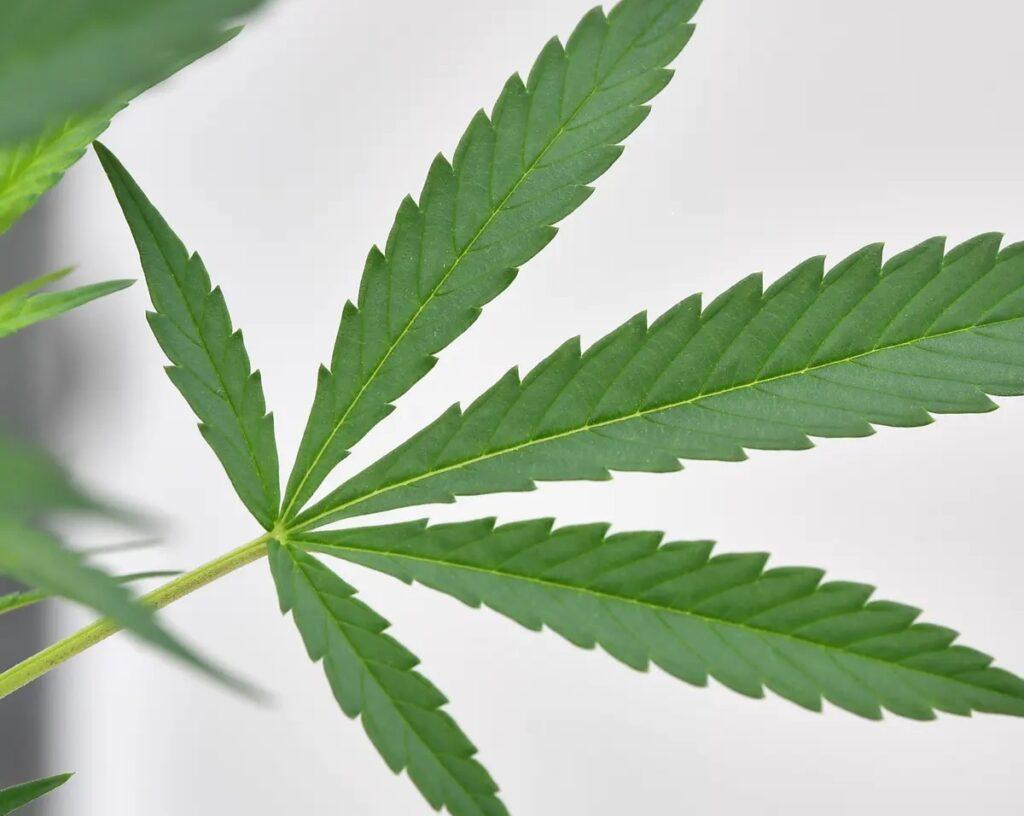
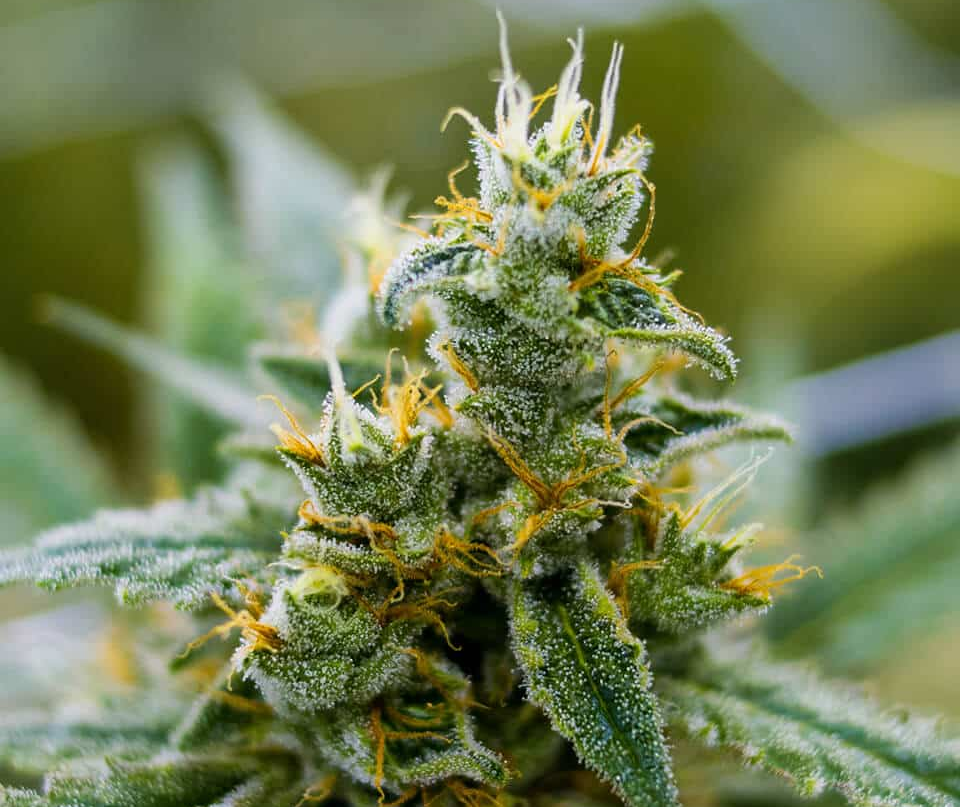 House Bill 1208, first introduced by State Representative Jessica Gonzalez in November, would legalize marijuana for those 21 and older, creating a regulated market for cultivation, sales, and possession.
House Bill 1208, first introduced by State Representative Jessica Gonzalez in November, would legalize marijuana for those 21 and older, creating a regulated market for cultivation, sales, and possession.
